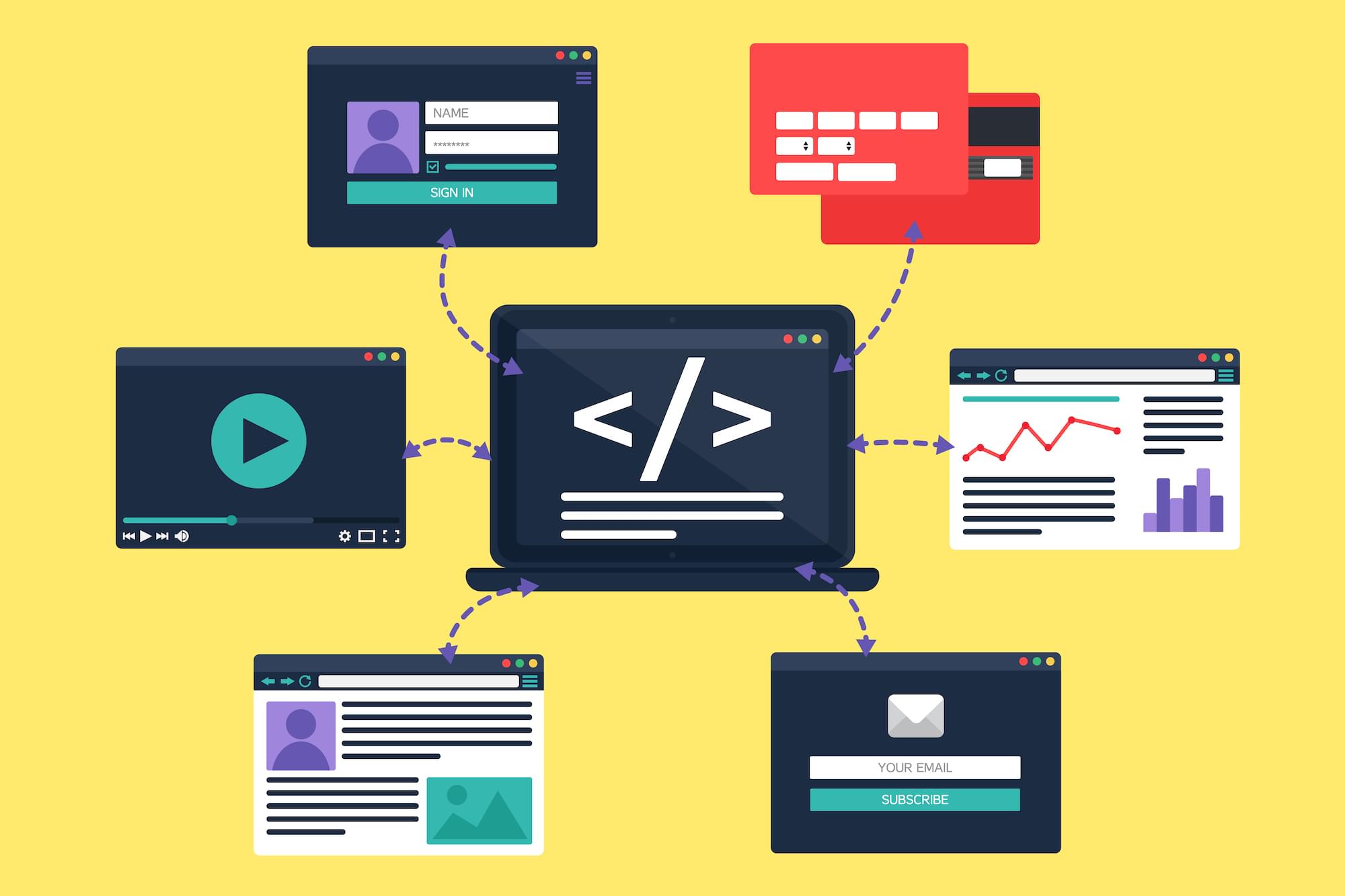What Is Functional Programming?

As a programmer, you probably want to write elegant, maintainable, scalable, predictable code. The principles of functional programming, or FP, can significantly aid in these goals.
Functional programming is a paradigm, or style, that values immutability, first-class functions, referential transparency, and pure functions. If none of those words makes sense to you, don't worry! We're going to break down all this terminology in this article.
Functional programming evolved from lambda calculus, a mathematical system built around function abstraction and generalization. As a result, a lot of functional programming languages look very mathematical. Good news, though: you don't need to use a functional programming language to bring functional programming principles to your code. In this post, we'll use JavaScript, which has a lot of features that make it amenable to functional programming while not being tied to that paradigm.
The Core Principles of Functional Programming
Now that we've discussed what functional programming is, let's talk about the core principles behind FP.
The post What Is Functional Programming? appeared first on SitePoint.
Comments
Post a Comment